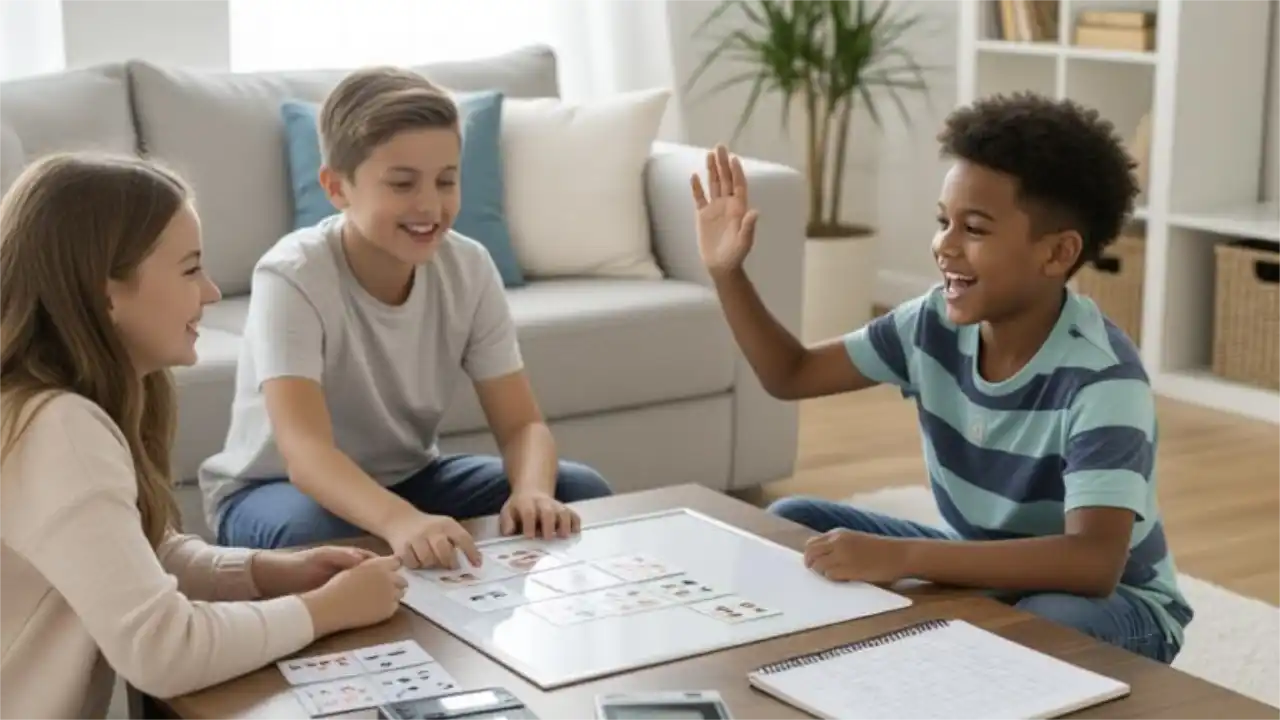
Fostering Collaboration: Balance Rivalry
A
little competition can sharpen the mind—but too much can cloud it. When rivalry is handled well, it pushes children to try harder, think faster, and aim higher. But when it tips into jealousy or pressure, it stifles growth. The key is helping children see competition as a challenge to rise to—not a threat to avoid or a test of their worth. You can do this by making the process more important than the prize, and effort more visible than the scoreboard.
One afternoon, my kids and their friends turned a math game into a full-blown race—complete with gloating and grumbling. I paused the game and asked, “What’s the real goal here?” They hesitated, then agreed to play in teams, swapping partners each round. The tone shifted. They started cheering for each other’s good answers and laughing at close calls. The challenge was still there—but now so was camaraderie. That shift made the learning stick longer than the scores.
Invite healthy rivalry by framing it as practice, not battle. Keep challenges light, with room for humor and collaboration. Encourage children to cheer for one another and notice what others do well. Ask what they learned from a tough round. Done well, rivalry doesn’t divide—it raises everyone’s game and teaches children to compete without losing connection.
Fostering Collaboration
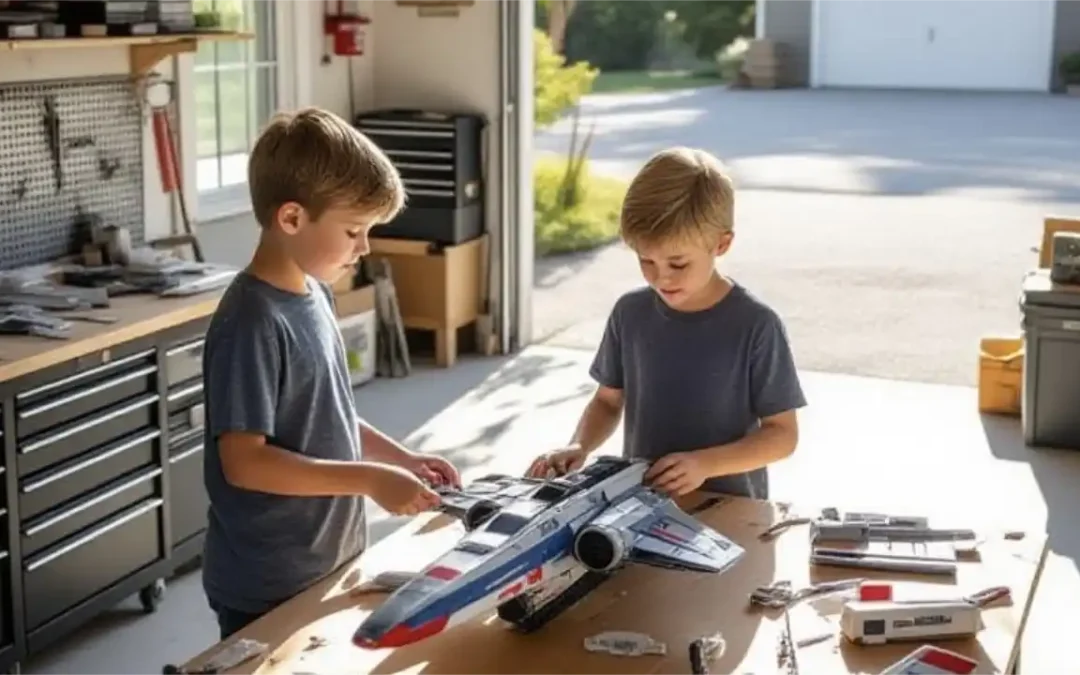
Fostering Collaboration: Live Cooperation
Cooperation skills grow through everyday practice. Model patience, listening, and problem-solving in family life.
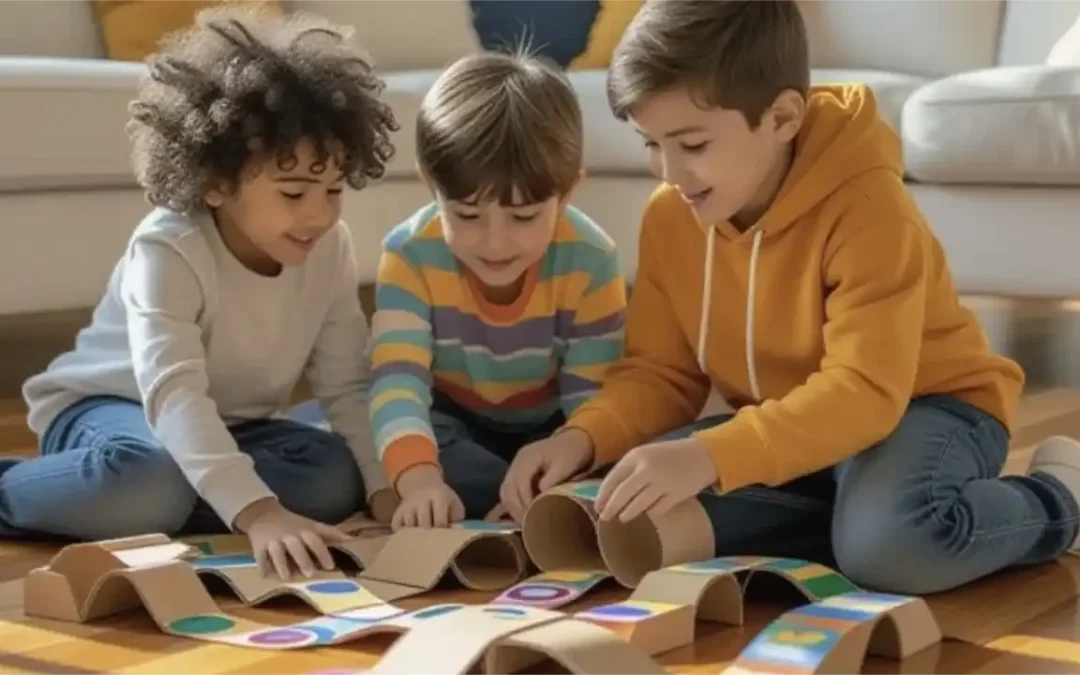
Fostering Collaboration: Join as Teams
Working as a team teaches communication and patience. Use shared projects to strengthen connection and collaboration.
Table of contents

Primordial Soup for the Mind: Navigation
Navigate the book Primordial Soup for the Mind.
TIPS
- Keep competition friendly and low-stakes.
- Encourage your child to recognize others’ strengths, not just focus on winning.
- Use rivalry as a chance to model sportsmanship and perspective.
ACTIVITIES
- Paired Challenge: Create a timed task (like building the tallest tower or solving a puzzle) and then switch to a cooperative version. Compare how each felt.
- Fun Awards: After a contest, give playful titles like “Most Creative Tactic” or “Best Team Spirit” to highlight effort over outcome.
EXAMPLE
A math game turned into a shouting match—until I asked, “What’s the real goal?” My kids decided to pair up instead. Suddenly, they were high-fiving over right answers instead of racing alone.

Download “Primordial Soup for the Mind: A Parent’s Guide to Nurturing Intellectual Growth”
Enter your information to get this article and hundreds more as part of the FREE book Primordial Soup for the Mind.
Share your thoughts with the Thought Academy community in the Comments section below.

Sharpen those skills!
Enter your information to get our FREE practice exercises so you can hone your critical thinking and reasoning skills!




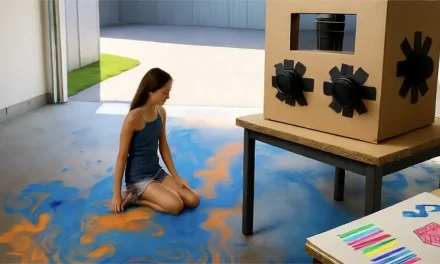

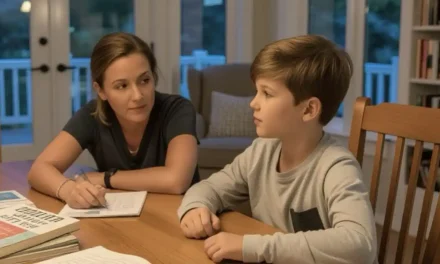
0 Comments